Publications
Articles, publications, books, tools and multimedia features from the U.S. Institute of Peace provide the latest news, analysis, research findings, practitioner guides and reports, all related to the conflict zones and issues that are at the center of the Institute’s work to prevent and reduce violent conflict.
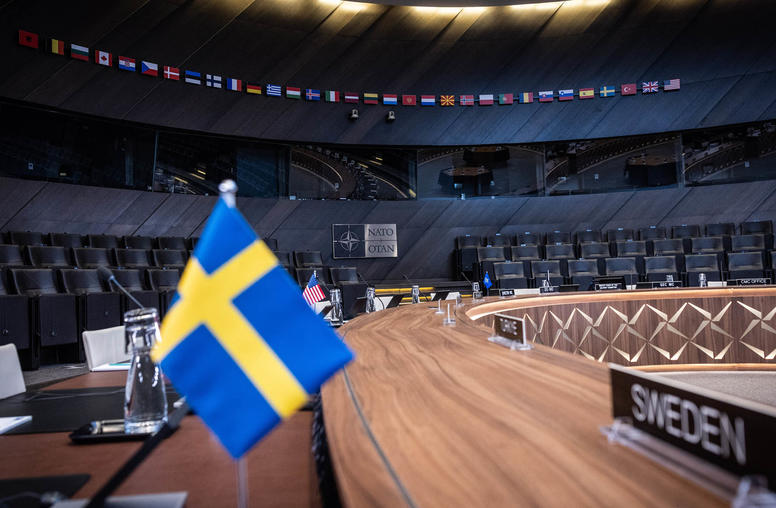
Will Sweden’s NATO Membership Deter Russian Aggression?
Sweden’s flag was hoisted at NATO’s headquarters in Brussels today as the Nordic country became the 32nd member of the transatlantic military alliance. Sweden’s membership, which follows that of neighboring Finland, is a consequence of Vladimir Putin’s invasion of Ukraine.
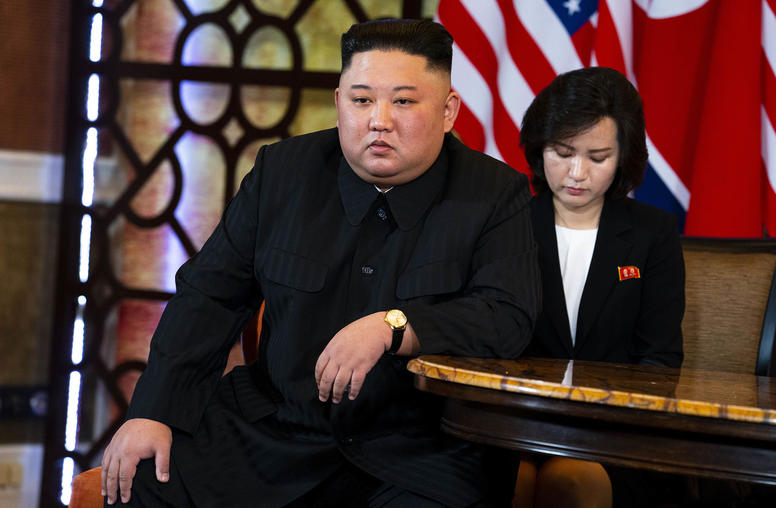
Climate Change as a Path to Engagement with North Korea
Since North Korea broke off talks with the United States after their 2019 meeting in Stockholm, progress in engaging Pyongyang on its nuclear weapons and other issues has stalled. The pandemic likely played a significant role in cooling engagement, but Pyongyang’s growing relationship with Russia has further reduced its incentives to engage with the United States.
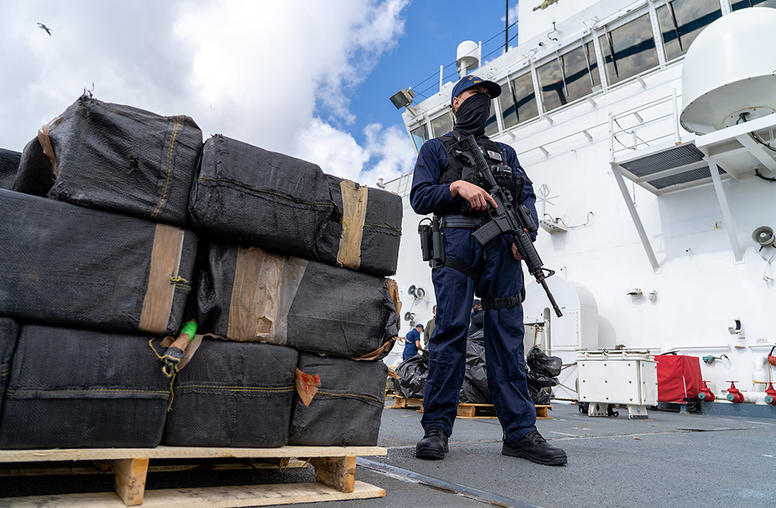
Illicit Drugs Are Undermining Pacific Security
A quick succession of drug busts in Fiji earlier this year — the seizure of 3.5 tons of crystal methamphetamine followed by another 1.1 tons — underscored the threat that the illicit drug trade and narco-corruption pose to the stability and security of countries and societies situated along the so-called Pacific drug highway.
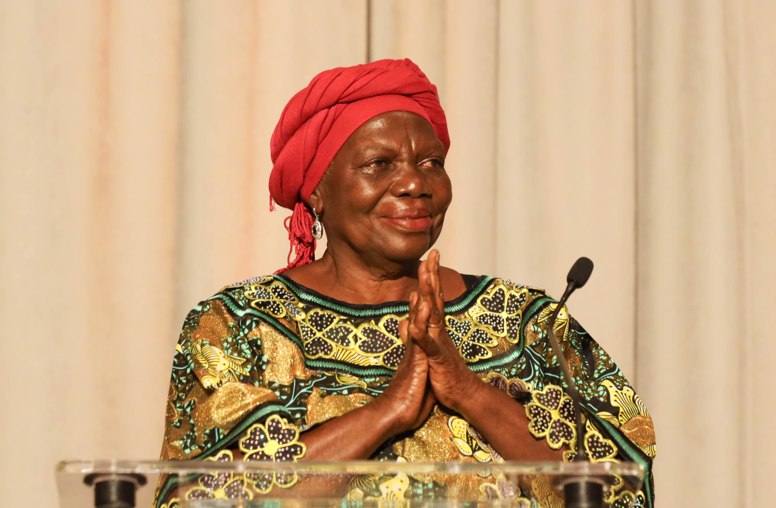
In Congo, Peace Means a Halt to ‘Brutal, Illegal Mining’
Pétronille Vaweka, a Congolese grandmother, has mediated local peace accords in her homeland’s wars. But now, she says, one of Africa’s longest, bloodiest conflicts can be solved only if the United States and other democracies “will wake up” to protect their own economic and security interests.
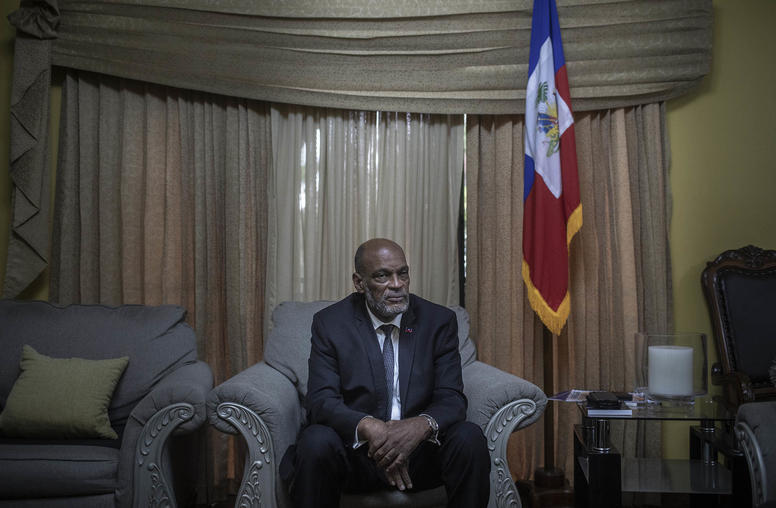
How to Avert a Gang Takeover of Haiti
Policymakers across the Western Hemisphere were shocked this weekend by news of a concerted effort by a coalition of gangs to attack Haiti’s key infrastructure, block the capital’s airport and prevent Prime Minister Ariel Henry from returning from a trip abroad. After all, the analysis went, Henry’s position seemed cemented as the deadline of February 7 — when he was supposed to hand over power to an elected government — passed with no real challenges to his rule. Now, absent an inclusive transitional arrangement that can effectively govern, the possibility of total collapse and anarchy in Haiti is ever more real.

How China Seeks to Dominate the Information Age
A combination of U.S.-China rivalry and China’s national security goals is driving Beijing to take a more assertive approach to the governance of international common spaces — from outer space to cyberspace. China’s leaders believe the world has transitioned from the Industrial Age to the Information Age. Consequently, Beijing sees the ability to generate, move, analyze and exploit information more rapidly and more accurately as the new currency of international power.

After Taiwan’s Election, China Is Now Ratcheting Up the Pressure
Beijing is intensifying its pressure on Taiwan’s freshly elected president, William Lai Ching-te. Instead of relying on conventional military or economic pressures, however, Beijing has employed multifaceted tools of coercion to demonstrate disapproval of the January election results. Although China is carefully calibrating its behavior to avoid provoking Taipei or the United States, Beijing’s efforts to gradually change the status quo and erase the traditional boundaries between Taiwan and China could lead to escalated tensions and unintentional conflict.
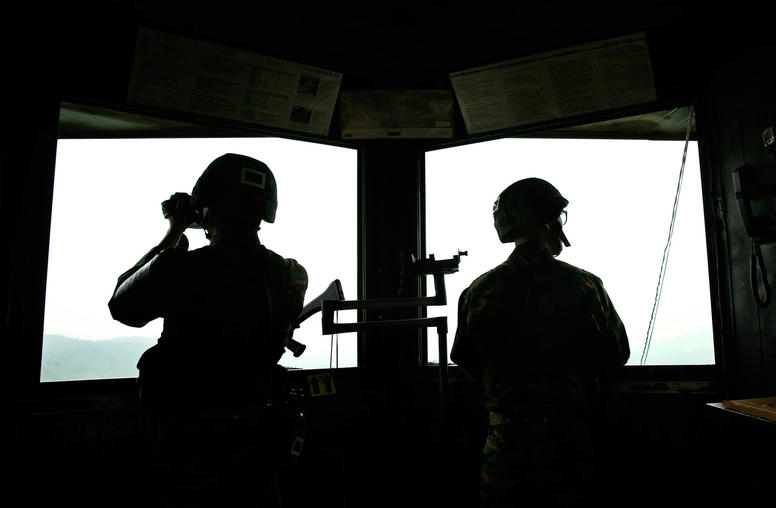
Increasing Stability in a Deterrence Relationship with North Korea
A Korean Peninsula free of nuclear weapons remains a critical U.S. national security interest, but it is now a long-term interest. Because there is little possibility of disarming the regime in Pyongyang at an acceptable cost in the foreseeable future, the United States-South Korea alliance needs a strategy to coexist peacefully with a nuclear-armed North Korea.
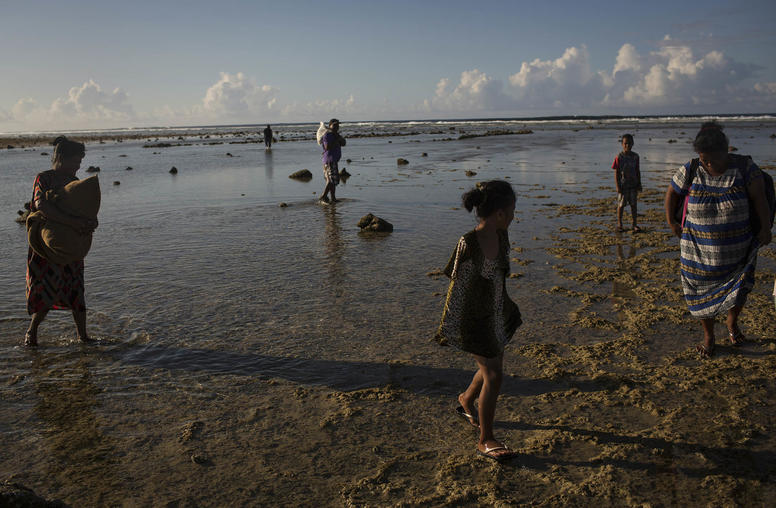
For the Marshall Islands, Nuclear Remembrance Day Is a Painful Reminder
Between 1946 and 1958, the United States detonated 67 nuclear and thermonuclear weapons in the Marshall Islands, a legacy that is commemorated today on the 70th anniversary of the Castle Bravo hydrogen bomb test. This nuclear legacy still reverberates in the Marshall Islands today, straining its relationship with Washington and creating a fissure that Beijing is exploiting as it seeks to increase its regional influence.

Plan for Gaza’s Future Highlights the Challenges That Lie Ahead
The document that Israeli Prime Minister Benjamin Netanyahu presented to his security cabinet for discussion on February 22 may be his first formal articulation of a postwar plan for Gaza, but is largely a compilation of views that have been expressed publicly over the past few months. Accordingly, it offers few surprises, but could deepen tensions between Israel on one side and the United States and regional stakeholders on the other.